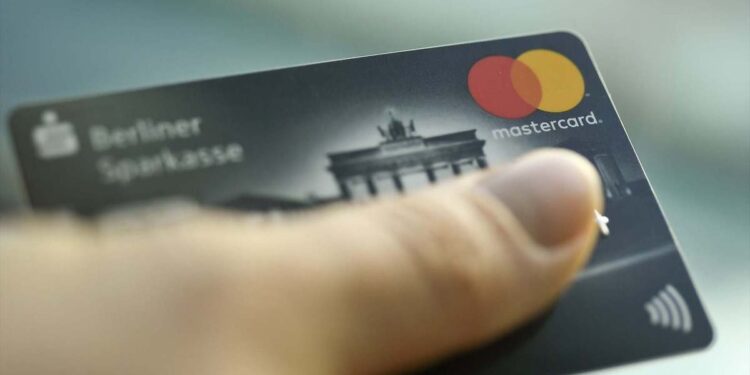Mastercard, Tesla, and L’Oréal have become the best-prepared companies for the future, according to the IMD Future Readiness Index. The institute publishes its annual ranking in which it evaluates the position in which the world’s leading companies are facing the challenges of the coming years in three key sectors for the evolution of the global economy: financial, automotive, and consumer goods.
Mastercard leads the adaptation of the financial sector to technological changes and the evolution of customer needs. The IMD index places it at the top of the ranking of companies in the sector best prepared for the coming years. The study, which analyzes 88 large international companies, ranks Visa in second place. “The flexible business models of these giants focused on digital payments and investment in AI-driven services and products ensure their future strength,” explains the document. Along with them, JPMorgan, DBS, and HSBC complete the ‘top five’.
Tesla, leading in automotive
The index also analyzes two other key sectors for the global economy. Tesla leads – for the second consecutive year – the ranking of companies in the automotive sector most prepared for the future. However, the report acknowledges that the Chinese electric vehicle giant BYD has begun to challenge the dominant position of Elon Musk’s brand. “In the third quarter of 2023, its sales exceeded those of Tesla for the first time,” the document recalls.
The data also shows an increasingly narrow gap between the top and middle levels of the ranking. Several companies have experienced a significant increase in their score in 2024, such as Stellantis, Hyundai, and Ford; third, fourth, and fifth, respectively. However, the push of Chinese manufacturers is revolutionizing the automotive sector. Brands like Geely, NIO, and Li Auto have a significant price advantage over their Western competitors. “This cost competitiveness, combined with very dynamic innovation, suggests that Chinese manufacturers will own a third of the global electric vehicle market by 2030, which poses a serious threat to European car manufacturers,” highlights the analysis led by Yu.
L’Oréal, at the forefront of consumer goods
Finally, the IMD Future Readiness Index analyzes companies dedicated to consumer goods; a sector led by L’Oréal. “It is the perfect example of how established giants can face a radical change in the consumer goods sector,” explains the study, which rewards the brand’s technological innovation capacity in meeting the demands of today’s consumer. “L’Oréal has taken the lead in the BPC sector by adopting AI, omnichannel, partnerships, and social listening on a scale never before seen in the BPC sector. Today, L’Oréal is a technology company that sells lipsticks,” observes Yu.
Behind the French cosmetics company are giants like Coca-Cola and P&G, brands that have dominated the sector for many years. However, IMD acknowledges that both American multinational companies “are breaking barriers by combining their presence in retail stores with their digital media networks, leveraging shopper data to offer personalized advertising to consumers across the digital environment.”


